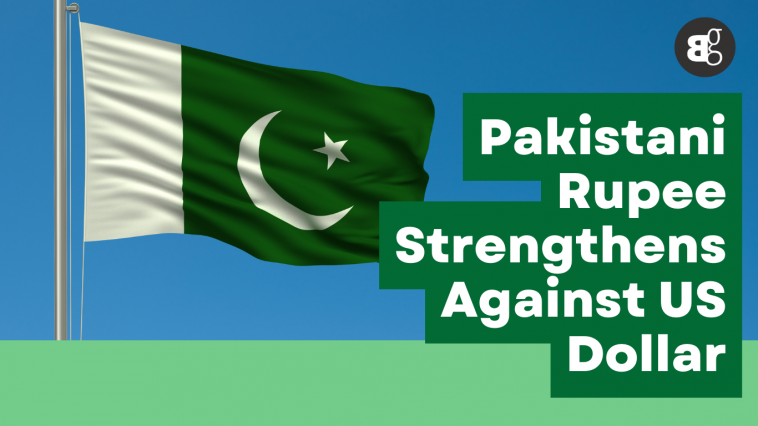The US dollar’s recent 14 paisa depreciation against the Pakistani Rupee in interbank trading is a sign of improving economic conditions in Pakistan. The currency rate dropped to Rs 278 as a result, indicating that investors are becoming more confident in the regional economy.
The Pakistan-IMF Staff Level Agreement, which was successfully negotiated and put into effect in Islamabad, is one important element boosting investor confidence. In order to stabilise the economy and restore macroeconomic stability, structural reforms and fiscal restraint are essential, and this agreement shows a commitment to these goals.
Additionally, programmes like the government’s emphasis on streamlining business processes through one-window operations and the Special Incentive Package for Foreign Direct Investments (FDI) have been extremely important. By improving the investment climate for both local and foreign parties, these initiatives hope to boost economic expansion and draw in much-needed capital inflows.
Furthermore, it is impossible to undervalue the coordinated efforts of military and civilian leadership to steer the economy in the right direction. Their concerted efforts to address major economic issues and put policy measures into action show a shared commitment to overcoming roadblocks and promoting sustainable development.
All things considered, recent events—such as the exchange rate adjustment and other economic initiatives—indicate that Pakistan’s economy is headed in the right direction. Nonetheless, sustained diligence and successful reform execution will be necessary to guarantee long-term expansion and stability.







